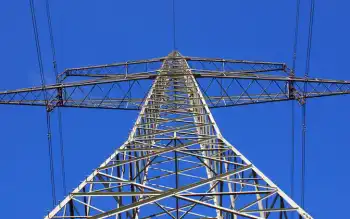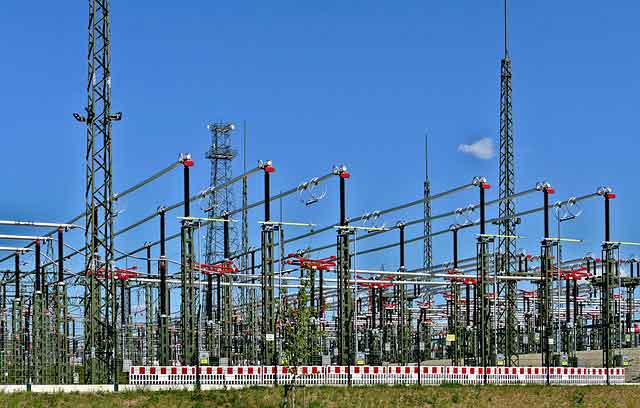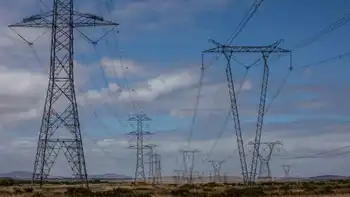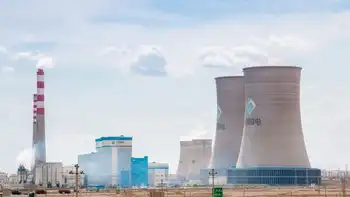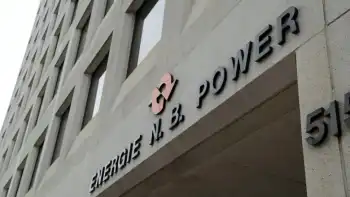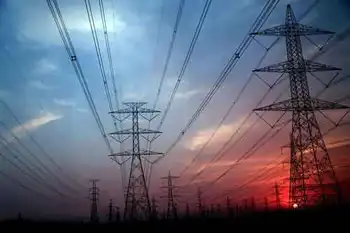Finland approves two new nuclear plants
By Industrial Info Resources
NFPA 70e Training
Our customized live online or in‑person group training can be delivered to your staff at your location.

- Live Online
- 6 hours Instructor-led
- Group Training Available
The government was presented with plans for three separate nuclear plants but has decided to approve the two projects presented by Teollisuuden Voima Oyj TVO and the Fennovoima Oy consortium, which comprises companies including German power company E.ON AG. The application by established Finnish energy operator, Fortum Oyj, was turned down.
The decision to push for two new nuclear facilities was hard won by Minister of Economic Affairs Mauri Pekkarinen, as the four political parties in the coalition government have opposing views on nuclear power. The Green Party has said it will vote against the permits, but the decision is still expected to be supported by the majority of those in the Finnish parliament next month.
We are giving a strong signal to the industry that it is worthwhile to invest in Finland. Granting permission for one [nuclear reactor] is not enough, said Pekkarinen. He said he based his decision on Finlands desire to end its dependence on imported electricity and gas, especially from Russia. Finland has the highest electricity consumption per capita in Europe, thanks largely to extreme winter conditions, with temperatures plunging as low as 50 degrees Celsius.
The Fennovoima consortium has two sites at Pyhäjoki and Simo in the north of Finland under consideration. It has not released further details of its plans, apart from the goal of developing a plant with a generation capacity of 1,500 to 2,500 MW. TVO plans to build the proposed Olkiluoto 4 reactor on the existing Olkiluoto nuclear site with a projected capacity of between 1,000 and 1,800 MW.
We hope the Parliament will confirm the decisioninprinciple granted by the Government, commented TVOs CEO and president, Jarmo Tanhua. We are ready to proceed immediately after a favourable decision is made in the Parliament. We have an excellent plant site in Olkiluoto for a fourth unit. The organization and everything else needed for the implementation of the project is already in place. Hence we can launch the construction process smoothly as a continuation to the Olkiluoto 3 project. The electricity produced at our new nuclear power plant unit will benefit not only the industry, but also households and the service sector.
The company is the owner of the disastrous Olkiluoto 3 reactor project, which is being built by Areva SA. Originally scheduled to start operations in 2009, it is now running three years behind schedule and billions of euros over budget. Earlier, TVO admitted that ongoing delays mean that construction will not be complete until the end of 2012, six months past the revised June 2012 deadline.
Unlucky Fortum expressed its disappointment at the governments decision to reject its plans to expand the companys Loviisa nuclear facility.
The Finnish Government has decided that it will give a negative decisioninprinciple on Fortums application concerning the construction of a new nuclear power plant unit, Loviisa 3, on the island of Hästholmen in Loviisa, the company said in a statement. Fortum very much regrets the governments decision. Loviisa 3 would have been undeniably the best choice for the whole Finnish society, and it would have required a positive decision now.
Fortums two existing Loviisa reactors are scheduled for closure in 2027 and 2030.





